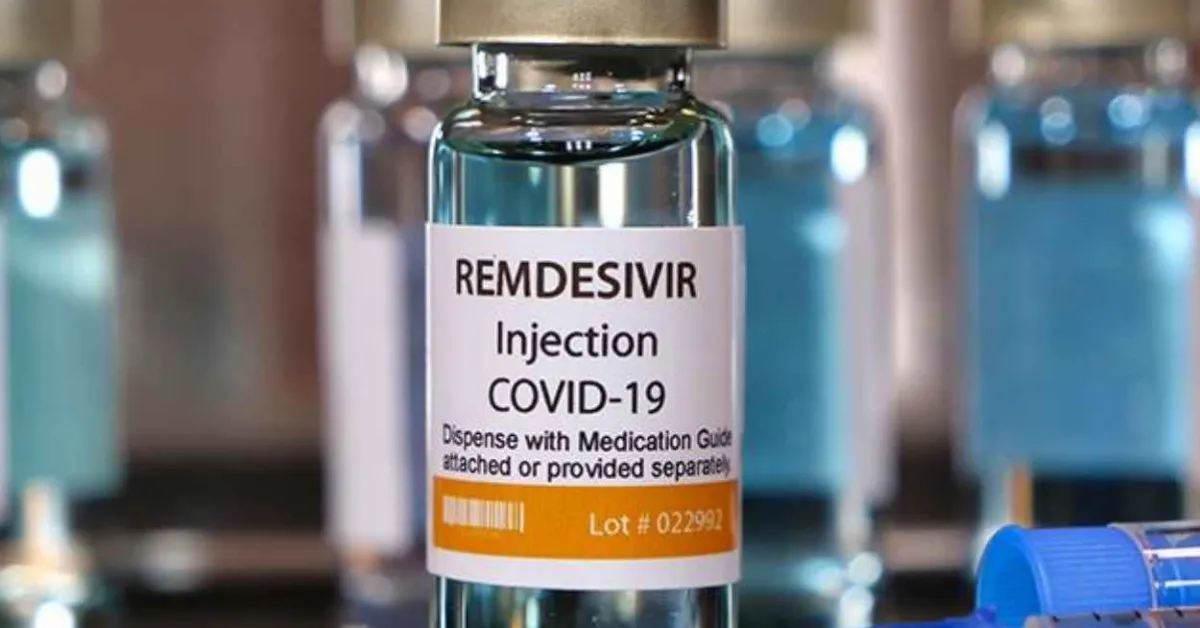Researchers from Columbia Engineering, Fiocruz’s Center for Technological Development in Health and the Oswaldo Cruz Institute in Brazil, Memorial Sloan Kettering Cancer Center, and Rockefeller University recently reported that, by combining inhibitors of polymerases and exonucleases enzymes that allow SARS-CoV-2 to reproduce--they were able to reduce SARS-CoV-2 replication 10 times more than when using just the polymerase inhibitors. They also identified a polymerase inhibitor with a unique modification that largely resists its removal from the RNA by the exonuclease. Their findings from both the molecular and cellular levels reveal the great potential of novel antiviral drug combinations to stop the spread of COVID-19 and other coronavirus diseases. The study was published February 22 by Communications Biology, an open access journal from Nature Portfolio.
“COVID has created an unprecedented public health crisis, with severe effects on the global economy and infrastructure; however, we can use the power of science to stop this pandemic,” said the Columbia team leader Jingyue Ju, Samuel Ruben-Peter G. Viele Professor of Engineering; professor of chemical engineering and pharmacology; and director, Center for Genome Technology & Biomolecular Engineering. “We expect drug combinations like the ones we found will powerfully inhibit RNA viruses such as SARS-CoV-2 and other coronaviruses that could lead to future pandemics. Because polymerase and exonuclease are highly conserved enzymes in coronaviruses with very rare mutations appearing in variants, we anticipate that therapeutics developed to target these enzymes should be widely applicable to all coronaviruses with the potential to cause serious disease.”
SARS-CoV-2, the coronavirus causing the global COVID-19 pandemic, uses a protein called polymerase to replicate its RNA genome inside infected human cells. In theory, terminating the polymerase reaction should stop the propagation of the coronavirus, leading to its eradication by the human host’s immune system. However, SARS-CoV-2 has two key enzymes that allow it to replicate: the polymerase which reproduces its RNA and a proofreading exonuclease that corrects errors in the replication process.
The presence of the exonuclease for proofreading is unique to the coronaviruses and is needed to reduce the number of mutations and thereby maintain the integrity and function of the large RNA genomes of coronaviruses. Thus, the vaccine approach has been quite effective in containing the COVID-19 pandemic because the coronaviruses do not mutate as frequently as influenza virus and HIV, which have no proofreading function and therefore mutate more frequently.
Nucleotide-based viral polymerase inhibitors are very successful drugs for treating HIV and hepatitis viruses B and C infections. However, because of the presence of the proofreading exonuclease in SARS-CoV-2, which can remove these inhibitors from the RNA, the polymerase inhibitor Remdesivir, the sole FDA-approved drug for COVID-19, is not as effective as hoped for in preventing serious disease. If the exonuclease could be concurrently inhibited or its activity evaded, viral replication would be more efficiently blocked.
Subscribe to PharmaTutor News Alerts by Email














